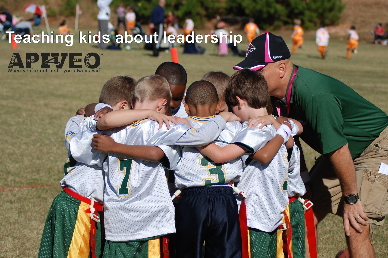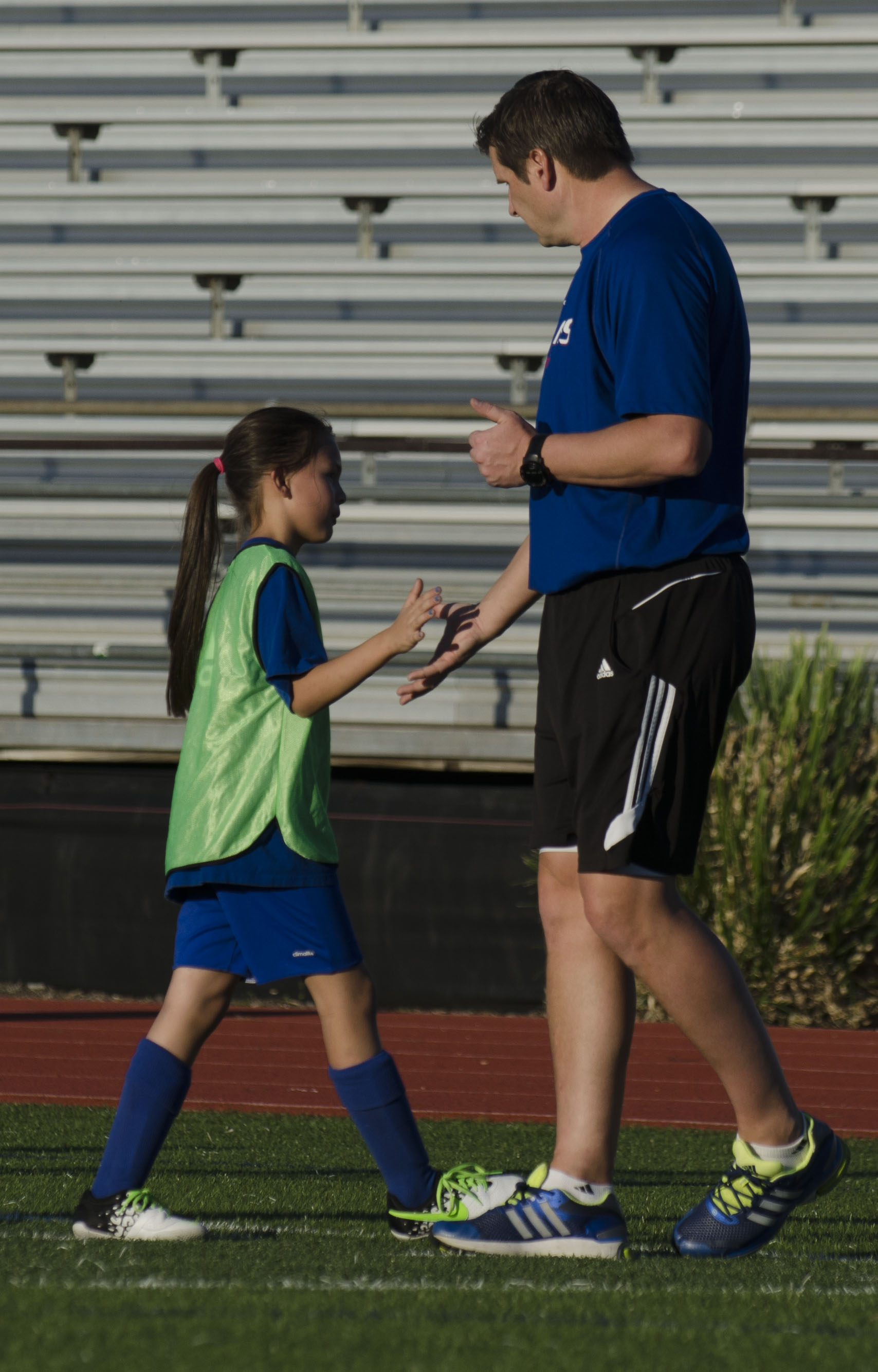Be an Active Coach, Not Just a Warm Body on the Sidelines
Share This :
I recently had a conversation with a friend and fellow coach. I asked him if he was coaching this season, and he said, “I thought about it, but when I coached last year, I was just a warm body standing in the outfield.” My heart broke.
Many volunteer youth coaches of kids in grades K-5 succumb to the “warm body syndrome.” This occurs when an individual graciously, but often reluctantly, agrees to coach because there are not enough coaches to form teams for all of the kids that signed up (including his or her own kid).
 Perhaps the “warm body syndrome” is based on some form of the Hippocratic Oath, “Do no harm.” If the coach can show up and just get through practice without making any big mistakes or derailing the budding pro careers of our youth, all is well and no one is worse off.
Perhaps the “warm body syndrome” is based on some form of the Hippocratic Oath, “Do no harm.” If the coach can show up and just get through practice without making any big mistakes or derailing the budding pro careers of our youth, all is well and no one is worse off.
The reason coaches may act this way vary greatly. Some coaches might have other things they would rather be doing; others might not feel qualified to be the leader of the team. Whatever the cause, the result of the “warm body syndrome” is the same–the kids feel that they are not important.
On the other hand, an engaged coach will help each child realize that they are special, important and loved. Teaching the perfect batting technique is not what these children need most. Their respect and admiration is not dependent on the coach’s credentials or awards. They want and need to have fun in a safe, consistent and positive environment. They need to know that their coach cares about them.
There are thousands of ways a coach can show a child that he or she cares. Here are few simple ones to try:
- Be prepared for practice and games. Trying to figure out what to do will leave you looking distracted and often frustrated. When the coach is unhappy, everyone’s unhappy.
- Say the child’s name every time you talk to him or her. Avoid calling every kid “sport.”
- Crouch down and look the child in the eye when you speak to him or her.
- Smile a lot. (This is my Achilles heel, but my son is helping me work on it.)
- Say something positive and specific at least three times to each kid during each practice.
- Talk to each player about off-field activities. Something like, “Please don’t tell me they served chicken nuggets again in the cafeteria.” Let them know you are interested in them off the field as well as on.

- Put the cell phone away! That means texting too. This is crucial. I understand that some coaches are in professions that absolutely rely on instant access, but for the rest of us, we need to leave that distraction in the car or equipment bag. I actually coached with a guy that pitched with one hand while he held his cell phone to his ear with the other. The kids knew what he cared about.
- Spend a few minutes at the end of each practice talking to your players about specific ways they can have a positive impact on their families, friends and communities. Teaching about leadership, character and other life lessons will pay dividends for years to come.
Volunteer youth coaches have the unique and important opportunity to show their players that adults can be helpful, caring and trustworthy. After all, there’s a good chance that the six-year-old you are coaching will be coaching his own kids one day. Be intentional and lead by good example.
Brad Jubin is a volunteer youth coach in Peachtree City, GA. Together with his family, Brad founded www.APIVEO.com. APIVEO (Always Play IV Each Other) is a free resource that leverages Brad’s personal experiences as a youth coach to help other coaches teach kids about leadership and character through a series of fun and engaging lessons.
National data actively tracking the safe return of youth sports activities
See the map
